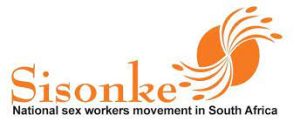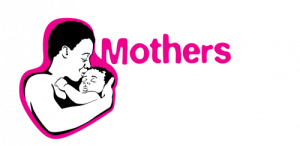Here at SRJC, we believe that the decriminalisation of sex work is essential for sexual and reproductive justice to be realised in South Africa, because we understand that sex work is work. For as long as sex work is criminalised, sex workers will continue to be confronted by barriers that directly and indirectly violate their human rights, that unfairly diminish their access to sexual and reproductive healthcare, and that keep them unprotected while doing their job and open to exploitation and harassment from clients, police officers and the judicial system at large.
The decriminalisation of sex work would enable sex workers to operate within a human rights framework, and would entail:
- the removal of criminal charges against sex workers
- the operation of brothels and individual sex workers as ordinary businesses
- the ability to implement laws protecting sex workers from special risks
- the minimising of discrimination and stigma around sex work, which will in turn enable sex workers to access basic services more easily
- the potential reduction of abuse, together with increased reporting to the police
Partners
SRJC members and partner organisations working on sex worker rights and the decriminalisation of sex work include:





